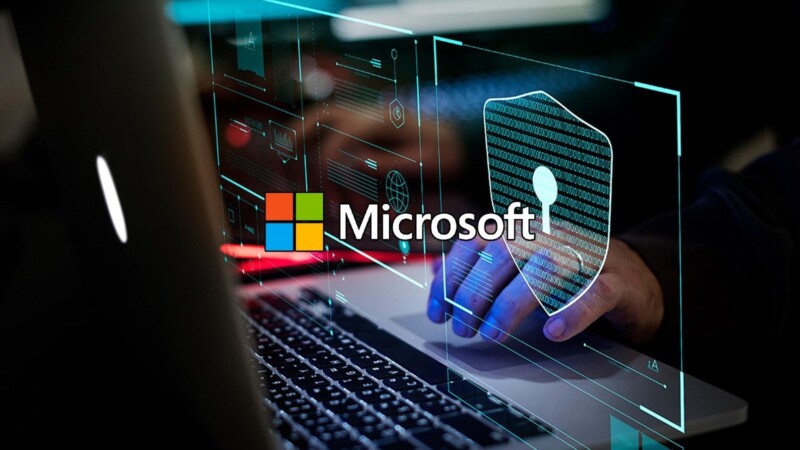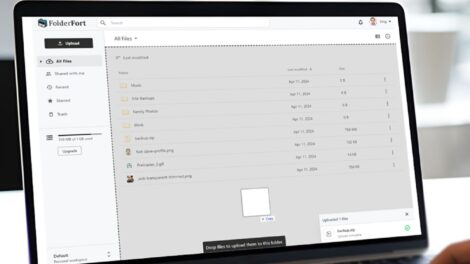Microsoft, the tech giant renowned for its innovative strides, is embarking on a significant change in Windows 11. The company has declared its intent to retire NTLM (NT LAN Manager) authentication, a protocol that has been a part of the Windows ecosystem since the early 1990s. This move is driven by security concerns associated with NTLM, raising questions and interest across the tech community.
Unveiling NTLM Authentication
The Challenge-Response Protocol
NTLM authentication operates on a challenge-response mechanism. When a client seeks access to a server, the server issues a challenge. The client, in response, uses a hash function to generate a unique response to the challenge. This response is then relayed back to the server for authentication. If the response aligns with the server’s expectations, the client gains access.
The Perceived Insecurity
Weaknesses in NTLM Authentication
NTLM authentication is considered insecure due to several critical factors:
1. Weak Hash Function: The protocol employs a vulnerable hash function, making it relatively easy for malicious actors to decipher NTLM passwords. This weakness poses a significant security risk.
2. Lack of Encryption: NTLM authentication does not support encryption. Consequently, it leaves an opening for potential attackers to intercept NTLM traffic and pilfer sensitive password data.
A Move Towards the Future
Eliminating NTLM Authentication
Microsoft’s decision to retire NTLM authentication is a forward-looking step. While the company has not specified a particular date for this change, it has confirmed that NTLM will be phased out in a future version of Windows 11.
Preparing for the Transition
Steps for Organizations
Organizations should proactively initiate preparations to migrate away from NTLM authentication. The following steps are recommended:
1. Adoption of Secure Protocols: Switching to more robust authentication protocols, such as Kerberos or OAuth, is advisable. These protocols provide enhanced security features, making them a reliable choice.
2. Identification of Legacy Systems: Organizations should conduct a thorough evaluation to identify systems that still rely on NTLM authentication. These legacy systems should undergo updates to adopt a more secure authentication method.
A Secure Windows Ecosystem
Microsoft’s Positive Step
Microsoft’s decision to phase out NTLM authentication is a commendable effort towards strengthening the security of Windows 11. This move underscores the company’s commitment to providing a secure and reliable computing environment for its users.
The Way Forward
Organizations must act swiftly to embrace this change. By transitioning away from NTLM and embracing modern, secure authentication protocols, they will contribute to a safer and more resilient digital landscape.










Add Comment